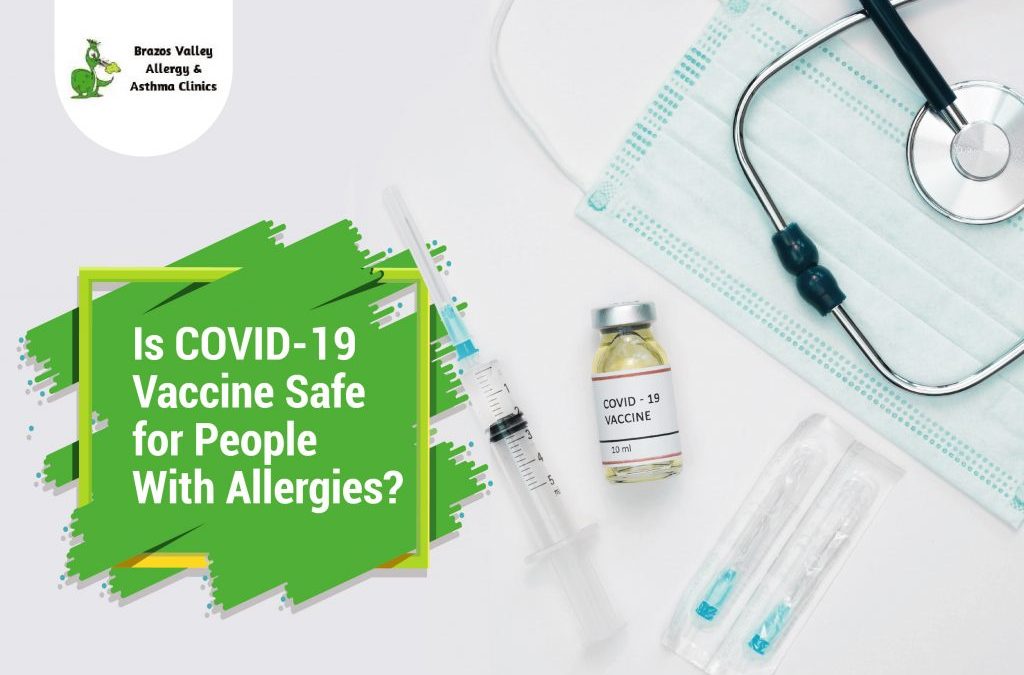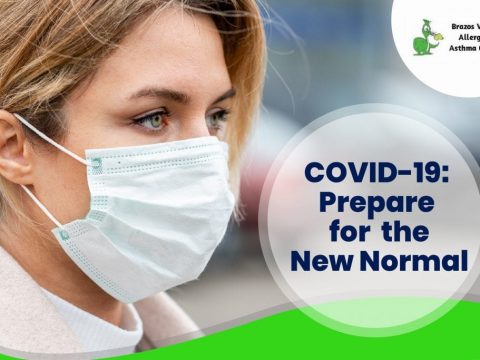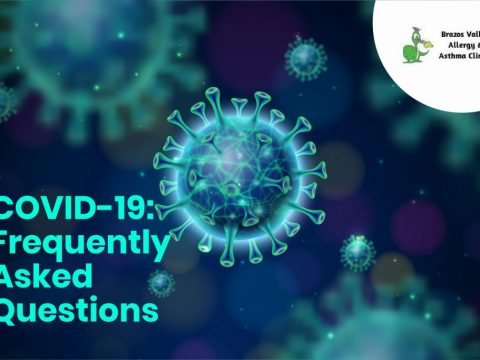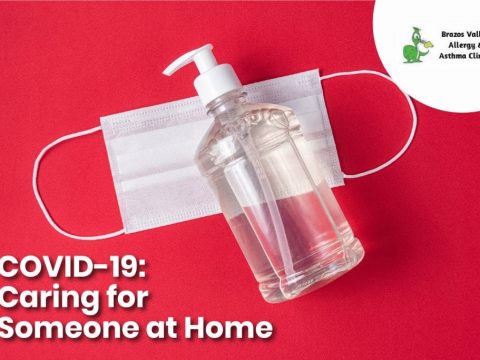- 979-485-9287
- office@bvallergy.com
-
 979-251-7804
979-251-7804
Is COVID-19 Vaccine Safe for People With Allergies?

Preparing for Mountain Cedar Allergy Season
January 12, 2021
Effective Ways to Prepare for Spring Allergies
February 26, 2021The Rollout of COVID-19 Vaccines
Getting vaccinated is one of many steps you can take to protect yourself and others from COVID-19. Currently, two vaccines are authorized and recommended to prevent COVID-19: the Pfizer-BioNTech vaccine and the Moderna vaccine.
The Pfizer-BioNTech vaccine is recommended for people aged 16 and older. On the other hand, the Moderna vaccine is recommended for people 18 and above. Both of these vaccines have side effects. These include swelling, soreness, and redness in the arm, as well as chills, tiredness, and headache. The side effects of both vaccines usually start within a day or two after getting it. However, these symptoms should go away in a few days.
The Texas Department of State Health Services said providers in the state have given out nearly 2.9 million doses. More than 2.2 million have gotten at least one dose and nearly 670,000 have been fully vaccinated. With the rollout of the COVID-19 vaccines across the country, people with allergies are having doubts about the safety of these vaccines.
COVID-19 Vaccine: Allergy Warning Over the New Shot
Some health experts say that people with a history of siNTech COVID-19 shot. The U.S. Centers for Disease Control and Prevention (CDC) has learned of rare reports of people experiencing severe allergic reactions (anaphylaxis) after getting the vaccine.
The vaccines are designed to trigger an immune response. It produces antibodies and protects people from getting sick when exposed to the coronavirus. If you get a COVID-19 vaccine and you think you might be having a severe allergic reaction after the shot, seek immediate medical care by calling 911.
Also, the CDC recommends that you should not get the second dose if you already had your first dose of the current vaccine and you had a severe allergic reaction.
Administering COVID-19 Vaccine to People with Allergies
The (CDC) has issued guidance for people with allergies and whether they should receive either the Pfizer/BioNTech vaccine or the Moderna vaccine for COVID-19. Here are some of the things you should remember:
- If you have a history of food, insect venom, oral medications, environmental or latex allergies, then you need to undergo a 15-minute observation period. If anyone in your family has a history of anaphylaxis, then you must undergo an observation period of 30 minutes.
- Consult your physician first before getting either of the vaccines if you have a history of anaphylaxis to other vaccines. If you can receive the vaccine, then you need to undergo an observation period to ensure that there’s no allergic reaction.
- Should you have a history of anaphylaxis to any component of the Pfizer/BioNTech or Moderna vaccines, then you should not receive either of the vaccines.
If you have allergies and you’re conflicted about whether you should receive the COVID-19 vaccine, you should consult a doctor. Dr. Paul Jantzi is an allergist in the Brazos Valley region. He is board-certified in allergy and immunology with prior specialty training in pediatrics and internal medicine. Schedule an appointment now.




